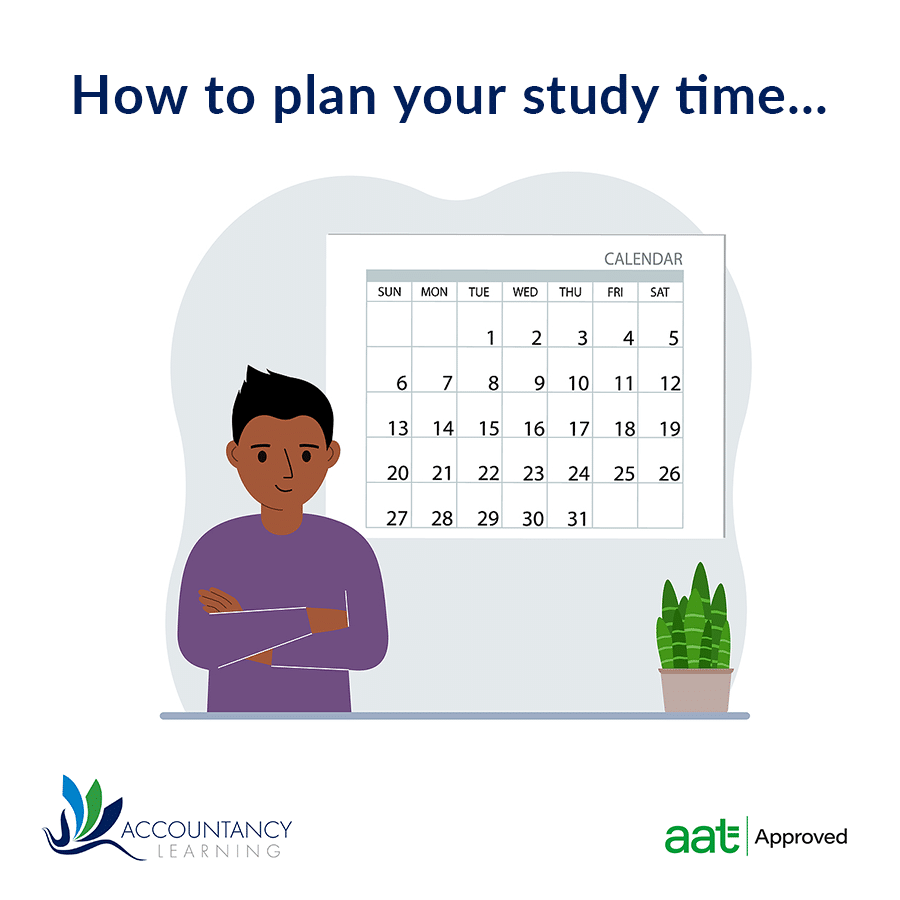Why you need a study plan
Creating an effective study plan is imperative for your personal development!
A well-designed study plan can help you manage your time effectively, stay organised and maximizes your learning potential. But, with the myriad of study techniques and personal preferences, it can be a tough cookie to develop a plan that suits you.
In this blog post, I will do my best to steer you through the process of making a study plan tailored to your style, targets, and schedule. By understanding these steps, you can boost your productivity AND reach your academic goals!
Assess your learning style
A first step in this journey should be understanding what your style of learning actually looks like!
You might be a visual learner, or you could be someone who prefers auditory and kinaesthetic methods. Be sure to identify and recognise what you prefer whilst learning new information and adapt you’re approach to study techniques accordingly.
An example would be a visual learner getting more out of using diagrams, charts, and mind maps, while auditory learners can benefit from recording and listening to lectures or reading aloud.
I found this was the case with me and my sister, I absorb information via colours and words whereas she much prefers to record herself relaying the information and then listening whilst doing other tasks – we’re all different!
Set clear goals
Moving on, let’s define what your goals are to give both yourself, and your study plan, a sense of purpose!
Whether it’s smashing an exam, getting to the end of a long project or becoming a master of a difficult subject, having your objects set out in a clear, concise way will keep you focused and motivated.
Try breaking these goals down into simpler chunks to make them more manageable and give each one a deadline. This can ensure your progress is steady and that you will reduce the chances of feeling overwhelmed – we’ve all been there, me included!
Analyse your schedule
Be honest with yourself – what does your current schedule look like? The next step is to identify what times are most suitable for your studies!
Extra commitments can get in the way of your academic side of life, locate spaces of times where you can truly dedicate yourself to studying without feeling distracted or pressured.
We all have a different schedule with different priorities, so choose times that make sense to you and align with what you can manage – your energy and concentration levels are precious things!
Prioritise and organise
Once you have dealt with your schedule, it’s now time to focus on the subjects/topics and prioritise them according to urgency and difficulty!
If you allocate more of your time to the areas you find more challenging, things should feel more balanced which equals a happier study time overall.
I would suggest a study timetable or a planner to organise study sessions, including breaks, time for reviewing, practice questions etc. – having structure helps to make the most of the time you have!
Use effective study techniques
Subsequently, the study technique. Don’t be afraid to experiment.
Some popular techniques include active reading, summarizing key concepts, flashcards, taking the role of a teacher, and practicing past papers. A mixture of techniques, both familiar and new, could help you to retain that all important information more effectively.
Be sure to regularly evaluate how these techniques are going and be open to adjustment!
Eliminate distractions
The next point might feel obvious, but it’s essential… create a safe space for yourself.
Being able to retreat to a quiet, peaceful and interruption-free place where you can concentrate is something we all should have access to. Especially if you’re studying an AAT course!
Try keeping this space tidy and free of clutter, turn your phone onto a quiet mode, resist the temptation of opening TikTok and you’ll be ready to sail through that study session.
These things can again enable you to maintain concentration and take in information more efficiently! Here’s some more tips for creating a nice space: How to make a personal study space | University of Essex Online
Review and Adapt
Finally – don’t forget to review your study plan and assess how it’s been going for you!
Take some time out of your schedule to evaluate your progress, identify areas you could work on for next time, and adjust accordingly. Has it been what you expected?
Having some flexibility in your stud plan can welcome these changes, if needed, it can also be helpful for the need to add more study materials or replace/tweak your goals.
Being pro-active with your approach to this plan can strengthen your confidence and should ensure that it remains aligned with your evolving circumstances and goals!
Reflect and make the move
Considering these points could be the secret ingredient to unlocking productive and efficient learning for you!
By delving into your style, goals, schedule, subjects, techniques, potential distractions and ability to review, you have all the energy to forge the perfect study routine!
So, seize the reins, stay resolute, and bask in the joy of embarking on a never-ending odyssey of knowledge and self-discovery! If you’re new to us and the AAT, head here to read a bit more about what we can offer you: About Us – Accountancy Learning
Follow this link if you’re ready to get going with an AAT course now: Shop – Accountancy Learning
For any other questions, please get in touch with us, we are always happy to help.
Call us: 01392 435349
Email us: [email protected]
Message us: Facebook






